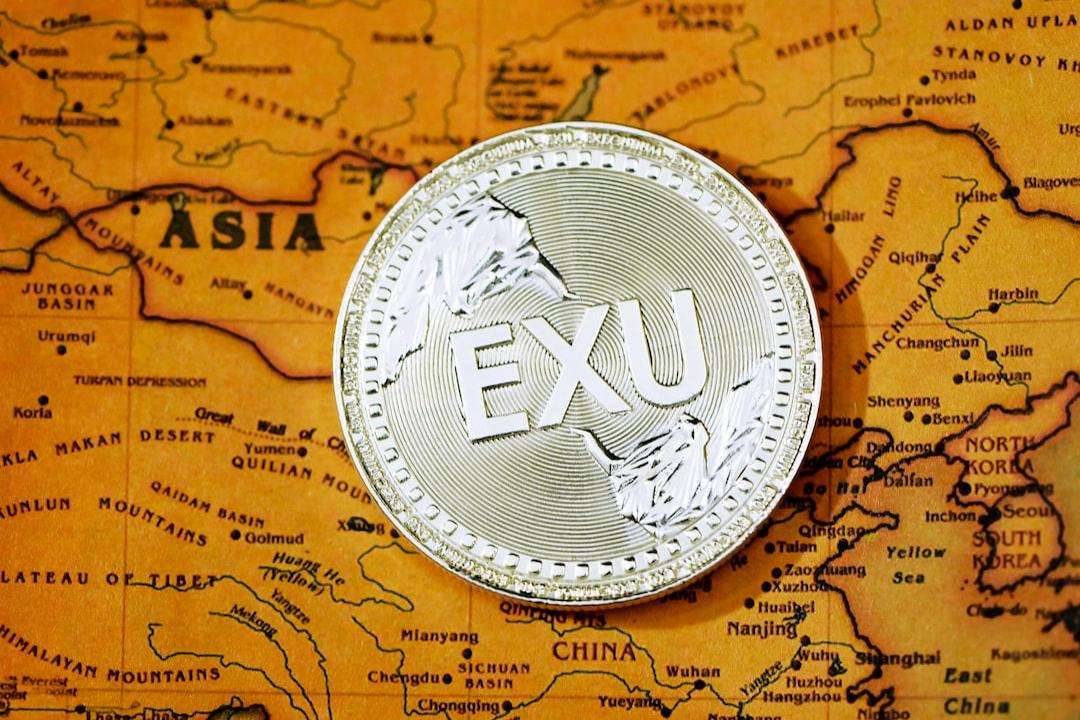Empty Dollars, More Gold and Bitcoin.
(Background: Bitcoin breaks 88,000, reaching a one-month high! Trump again criticizes Powell, US-Japan negotiations make no progress, US stocks collectively plunge.)
(Context: If Trump fires Powell, it will cause disaster! Experts: The cost of undermining Fed independence is high, likely triggering an economic recession.)
As concerns grow over US President Donald Trump possibly fulfilling his threat to dismiss Federal Reserve Chairman ### Powell and implementing policies that could lead to economic recession, a wave of “selling US assets” transactions is unfolding. Data shows that the S&P 500 index plummeted 2.7% to 5142.18 points on Monday, down 13% from the beginning of the year and 16% from its recent peak; the Dow Jones Industrial Average dropped 972 points, a decrease of 2.5%; while the Nasdaq Composite Index fell into bear market territory, down 21% from its peak.
The bond market is equally grim, with the 10-year US Treasury yield rising 7 basis points to 4.41%, and the 30-year yield jumping 10 basis points to 4.91%. In the currency market, the dollar index fell 0.9%, depreciating more than 5% against the euro and yen, reaching a three-year low.

Investors are struggling to cope with the risk of Powell possibly being dismissed (the White House indicated last week it is assessing this matter), along with the potential impact of Trump’s policies on the world’s largest economy. Many are retreating from US safe-haven assets, and broader risk aversion sentiment is driving gold to soar to historical highs on Monday, while cryptocurrencies also see gains, with Bitcoin reaching $88,000 for the first time since March.

Recession + Concerns Over Fed Independence = Adding Insult to Injury
“At a time when the current government has injected an increasingly high level of uncertainty into the economic outlook, any attempt to replace Powell will exacerbate the downward pressure faced by US assets,” stated Ian Lyngen, Head of US Interest Rate Strategy at BMO Capital Markets.
On Monday, Trump reiterated via Truth Social his call for the Federal Reserve to cut interest rates, writing: “Many are calling for ‘preemptive rate cuts’.” Although legal scholars indicate that Trump would find it difficult to easily fire Federal Reserve ###, and Powell has stated he would not resign even if asked by Trump, the speculation has nonetheless dealt a new blow to US assets. Washington’s aggressive trade tariffs have already triggered concerns about a US economic recession and intensified doubts about US Treasuries’ status as the preferred safe-haven asset.
Multiple risks are amplifying market concerns over the path of economic growth and inflation—and how the Federal Reserve will balance both. While traders expect the Fed to cut interest rates at least three times this year, former New York Fed ### Bill Dudley wrote in a Bloomberg Opinion column that policymakers’ actions may be slower than anticipated.
The Bloomberg Dollar Spot Index fell as much as 1% on Monday, hitting its lowest level since the end of 2023, before the decline slightly narrowed. The yen’s exchange rate surged to its highest level since last September, while the euro soared to its highest point in over three years.
The euro is currently trading around $1.15, nearing the most optimistic year-end forecast levels from strategists. Bloomberg data shows the yen is around 140.50 to the dollar, stronger than the median year-end forecast of 143.
“Trump’s comments about potentially firing Federal Reserve ### Powell, even if these ideas do not materialize, pose a significant threat to the perceived independence of the Federal Reserve in the eyes of the international community, thereby threatening the dollar’s status as a safe-haven currency,” said Helen Given, a forex trader at Monex.
“If the US economy falls into recession and the central bank cannot or will not act independently, this recession could deepen, creating more concerns in the market,” she added.
Traders in the options market have reached the highest level of bearishness on the dollar since the outbreak of Covid. The premium paid to hedge against a decline of the dollar against a basket of currencies over the next year (relative to bets on an increase) has reached its highest level since March 2020.
The sell-off on Monday intensified after Kevin Hassett, Director of the National Economic Council, stated on Friday that Trump is examining this matter. According to informed traders, several hedge funds joined the dollar sell-off on Monday following Hassett’s remarks. These traders requested anonymity as they are not authorized to discuss the matter publicly.
Data compiled by the Commodity Futures Trading Commission shows that hedge funds’ bullish sentiment on the dollar has fallen to its lowest level since October of last year. While headlines concerning Powell have indeed not helped market sentiment, others argue that the deteriorating global trade war may continue to dominate dollar trading.
“Central bank independence is so precious—it is not something to be taken for granted, and once lost, it is difficult to regain,” said Will Compernolle, a macro strategist at FHN Financial in Chicago. Trump’s “threat to Powell does not help foreign investors’ confidence in US assets, but I still believe the tariff messaging is the main driving factor,” he said.
The extra yield required to hold 30-year Treasuries instead of two-year Treasuries has risen for nine consecutive weeks, marking only the second time this has occurred since Bloomberg began tracking this data in 1992. In early trading on Monday, strong demand at the front end through two-year futures further propelled the trend of a steepening yield curve.
Empty Dollars, More Gold and Bitcoin
As Trump’s trade war weakens US economic growth and profit prospects, warnings from Wall Street stock strategists are increasing. Citigroup strategists downgraded their outlook on US stocks last week, stating that the cracks in “American exceptionalism” will persist. They joined institutions such as Bank of America and BlackRock, which have recently turned bearish on US stocks.
“The latest catalyst for the dollar sell-off may be the pressure on Powell, but the reality is that the dollar sell-off no longer needs more reasons,” said Gareth Berry, a strategist at Macquarie in Singapore. “Everything that has occurred over the past three months has provided sufficient rationale for a sustained dollar sell-off, which could last for several months.”
Meanwhile, Lawrence McDonald, former Head of US Macro Strategy at Jefferies, indicated that now might be the time to sell gold and buy Bitcoin. He commented on X: “With the volatility index (VIX) near 30, Bitcoin has never performed better. This is a strong signal of the Bitcoin market’s maturation (good news) and a powerful testament to the immense pressure that fiat currencies like the dollar are facing.”


